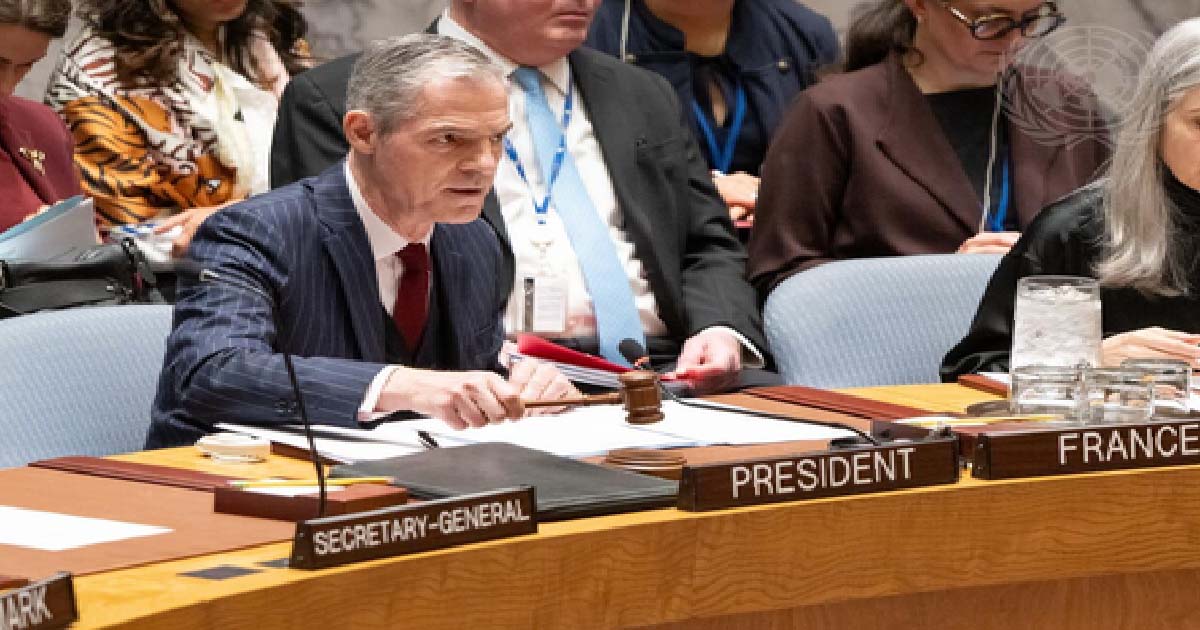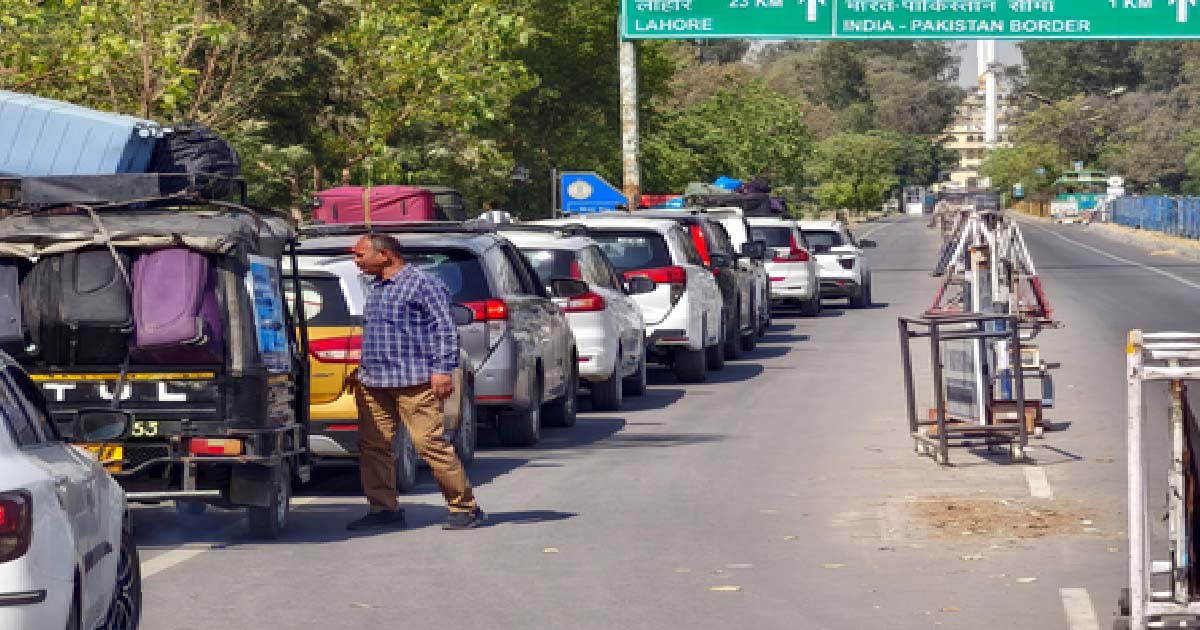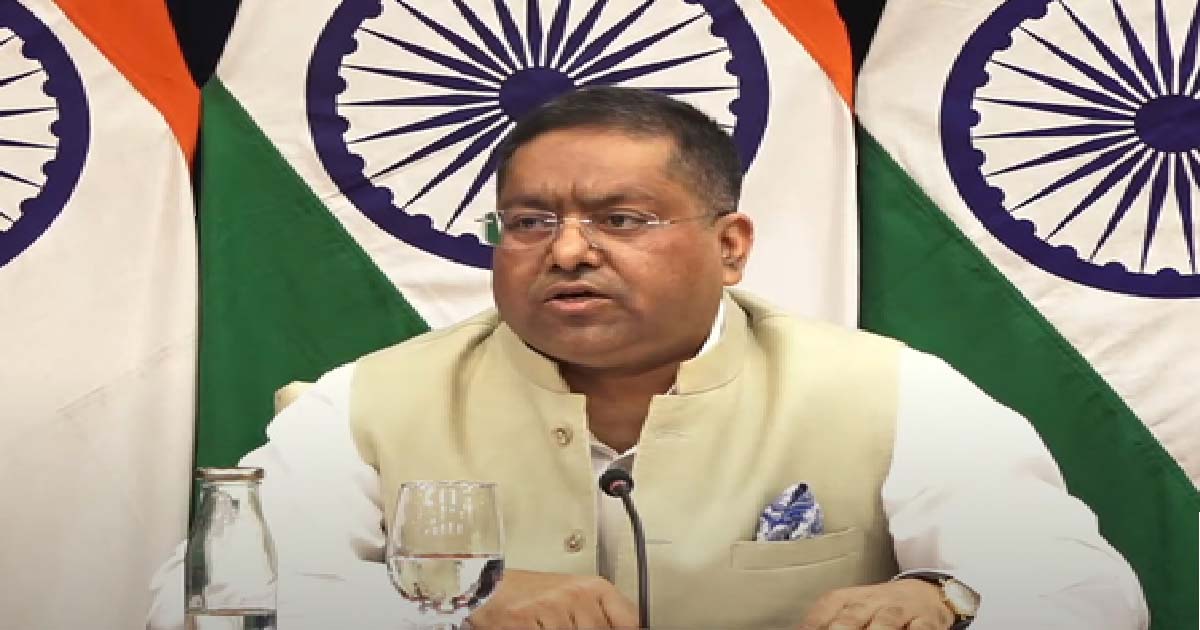International
2022 T20 World Cup: Tricky yet golden chance for Team India to clinch title
The T20 World Cup in 2022 gets underway in less than a year in Australia, and India will have a tricky yet golden chance to win the title under Rohit Sharma’s captaincy and Rahul Dravid’s coaching, giving the fans an opportunity to celebrate sometime big after eight long years.
It was back in 2013 when the MS Dhoni-led Team India won the ICC Champions Trophy after beating hosts England in the final. Since then, the ‘Men in Blue’ have participated in many ICC events, but have failed to get the silverware.
Fans have seen individual brilliance by the likes of Virat Kohli, Rohit Sharma, Rishabh Pant, Hardrik Pandya, Jasprit Bumrah and others in bilateral series, but somehow these ‘superstars’ haven’t done justice with their talent when the team required it the most, i.e., at mega ICC events.
India entered the 2021 T20 World Cup in Dubai as one of the favourites, but failed to make the semifinals because of a combination of factors, including a flawed team, poor luck and many external factors as well.
The last month of the year also saw many off-field controversies, which can definitely affect the team’s dressing room environment, as well as the future of Indian cricket.
However, as it is often said, ‘let bygones be bygones’, and Team India will exactly need to do that.
Rohit Sharma and Rahul Dravid will have to make sure that the players focus on the bright future ahead, rather than living in the past.
India have a very good record in T20 cricket in Australia and everyone, including the BCCI and fans, have huge expectations from the experienced duo of Dravid-Sharma to end the title drought next year.
Here are a few things which will be crucial for India going into the 2022 T20 World Cup, to be played in October and November in Australia:
Rohit Sharma – The Batter and the Captain
Rohit has been one of the best white ball cricketers in the world in the past decade or so, and he will have to carry forward the golden run in the World Cup in Australia as well. Not only he needs to concentrate on his batting, but the skipper also needs to fix with whom he is going to team up at the top of the order.
As of now, K.L. Rahul looks certain, but things change very quickly in Indian cricket, considering the talent pool the country has. The likes of Ruturaj Gaikwad, Ishan Kishan and Prithvi Shaw have consistently done well and are waiting in the wings for the much-needed break.
Sharma (34) has proven his mettle as an IPL captain by winning five titles with Mumbai Indians. He has also led India to series victories in Nidahas Trophy and Asia Cup when regular skipper Virat Kohli was on a break. However, this is going to be the biggest challenge for the experienced campaigner, as he has very less time to prepare a solid team while trying various things prior to the mega event.
Virat Kohli 2.0
India Test skipper Kohli hasn’t been at his absolute best with the bat in the last two years. But if India wants to lift the trophy in Australia, they need their premier batter in red-hot form.
Over the years, Kohli has taken the Aussie challenge very well and produced exceptional results for the team, whether its white ball or red ball cricket.
The Australian pitches also go well with the batting style of Virat and Indian cricket fans will love to see him excel with the bat in the T20 World Cup next year.
Clarity in Roles and Security
Since the beginning of T20 cricket, it has seen players do well when they are given clear roles and are allowed to perform those roles – repeatedly – without the fear of failure. Nobody becomes an expert overnight. They perform the same task repeatedly across conditions and situations to master the art.
Likewise, to believe that one can defend 10 runs from the last over or score 30 runs in the last two overs requires a player to have performed that role repeatedly.
If a player has been selected to make the most of the Powerplay, or be a defensive bowler, or bowl yorker after yorker at the death, he needs to fail in that role for 10-odd matches before being axed. The duo of Dravid and Rohit needs to provide that space to the Indian players. The management needs to identify the right players and their back-ups, define the roles well, and stick to that plan till the end of the World Cup.
Capitalising on IPL Performances
The IPL is a great place for young cricketers to show their talent against quality opposition and under pressure. Over the years, the cash-rich league has produced some exceptional cricketers, but many of them have failed to deliver the goods at the international stage.
India last won the ICC T20 World Cup in 2007, one year before the start of the IPL. Somehow, the Indian think-tanks have not been able to capitalise on the brilliant performances by players in the IPL. And for that to change, the selection policy needs to alter. Numbers in the IPL should not be the sole criteria for selection to the national team.
The roles they play, the conditions and the quality of opposition vary at different levels. If a player performs the same role for both his IPL team and the national team, his chances of success are much higher. And, it is also a good idea to give talented young cricketers a second year in the IPL to see how they cope against better plans by the opposition, which they will face in international cricket.
Studying Playing Conditions in Advance
Unlike Test series or ODI World Cups, the T20 World Cup does not offer one too many opportunities to come back after a loss. So, it would be a good idea from the Indian team management to send scouts and analysts to study the conditions in Australia during the Big Bash League and other international matches, and understand the specific skills required to succeed Down Under.
This information gained could prove valuable in terms of team selection and preparation for the big tournament.
International
UNSC asks all countries to cooperate in bringing Pahalgam terrorists, backers to justice

United Nations, April 26: The Security Council has “condemned in the strongest terms” the Pahalgam terrorist attack and urged all countries to cooperate in bringing all those involved in the massacre, to justice.
The members of the Security Council “stressed that those responsible for these killings should be held accountable, and urged all States, in accordance with their obligations under international law and relevant Security Council resolutions, to cooperate actively with all relevant authorities in this regard”, Council President Jerome Bonnafont said in a Press statement on Friday.
A front organisation of the Pakistan-based terrorist group Laskhar-e-Tayiba has owned responsibility for the attack.
The statement issued by France’s Permanent Representative Bonnafont who is the Council president for this month, took a broad view of those involved in the massacre by including the financiers and sponsors.
“The members of the Security Council underlined the need to hold perpetrators, organisers, financiers and sponsors of this reprehensible act of terrorism accountable and bring them to justice”, the statement said.
Pakistan, which is on the Council as an elected member, went along with the other members in endorsing the statement, committing itself – at least on paper – to bringing those involved to justice.
A Press statement expresses the consensus of the Council and carries moral authority, while not being legally binding like a resolution.
The statement also shot down the attempts by some in Pakistan to give terrorist attacks a veneer of justification.
“The members of the Security Council reiterated that any acts of terrorism are criminal and unjustifiable, regardless of their motivation, wherever, whenever and by whomsoever committed”, it said.
The Council members “reaffirmed the need for all States to combat by all means, in accordance with the Charter of the United Nations and other obligations under international law, including international human rights law, international refugee law and international humanitarian law, threats to international peace and security caused by terrorist acts”, the statement added.
Earlier, the spokesperson for Secretary-General Antonio Guterres hinted that a diplomatic effort by him may be afoot.
Asked by a reporter, if Guterres would speak to leaders of India and Pakistan, Spokesperson Stephane Dujarric said that he hoped to have something to share on that later.
Reiterating the condemnation of the terrorist attacks, Dujarric said, “We again urge both the Government of India and the Government of Pakistan to exercise maximum restraint to ensure the situation does not deteriorate further.”
When a reporter asserted that the possibility that “two nuclear countries” might “go to war” was getting insufficient attention, Dujarric said, “I don’t agree with your comment. We are paying very close attention to the situation between India and Pakistan.”
International
Wagah-Attari border closure leaves several families in limbo

Islamabad, April 25: Pakistan and India’s decision to shut down the Wagah-Attari border crossing after the deadly Pahalgam terror attack has forced several citizens from both countries to cut short their visit and rush back home.
On Thursday, after both countries announced closure of border crossing and gave a deadline for citizens to leave for their respective countries, at least 28 Pakistanis nationals returned from India while 105 Indian citizens in Pakistan crossed over into India.
A Hindu family from Balochistan’s Sibi was reportedly denied entry into India after the closure of border crossing.
“We were on our way to Indore in Madhya Pradesh to attend a wedding. Seven members of our family were excited to join our relatives in India and take part in the celebrations. But upon reaching Wagah, we learned that the border had been sealed. We will spend the night at Dera Sahib in Lahore and head back home tomorrow,” said Akshay Kumar.
Meanwhile, a Sikh family from India, in Pakistan to attend a wedding, decided to leave for India immediately.
“We had come to Pakistan for a wedding. While the ceremony took place, several important rituals remained. Once we heard the border was closed, we decided to return immediately,” said Raminder Singh, an Indian national.
A Hindu family from Ghotki in Pakistan’s Sindh province, now residing in New Delhi, was visiting Pakistan for the last two months to meet their relatives. However, they are now unsure about getting permission to return to India.
“There are five of us, including my young son and daughter, uncle and aunt. We all hold Pakistani passports and were granted No Obligation to Return to India (NORI) certificate by India. But uncertainty looms now, said a family member named Indira.
“Families with cross-border ties often bear the brunt of rising tensions between the two neighbours. With tensions between Pakistan and India once again on the rise, human connections across borders are becoming the first casualty,” said Asif Memood, a Lahore-based journalist.
“The closure of the Wagah-Attari border has left many families in limbo, uncertain when they will next reunite with their loved ones,” he added.
International
Murder of Hindu leader: India slams Bangladesh, says killing follows pattern of systematic persecution of Hindu minorities

New Delhi, April 19: India on Saturday issued a sharp condemnation of the abduction and brutal killing of Bhabesh Chandra Roy, a prominent Hindu community leader in northern Bangladesh, calling it part of a “pattern of systematic persecution” of minorities under the country’s interim government.
Ministry of External Affairs (MEA) spokesperson Randhir Jaiswal voiced India’s grave concern, stating that the incident reflects an alarming trend of targetted violence against Hindus and other minority groups in Bangladesh.
“We have noted with distress the abduction and brutal killing of Shri Bhabesh Chandra Roy, a Hindu minority leader in Bangladesh. This killing follows a pattern of systematic persecution of Hindu minorities under the interim government, even as the perpetrators of previous such events roam with impunity,” Jaiswal said in a post on social media platform X.
He added, “We condemn this incident and once again remind the interim government to live up to its responsibility of protecting all minorities, including Hindus, without inventing excuses or making distinctions.”
India has previously expressed similar concerns over rising attacks on minorities in Bangladesh, but this latest incident has drawn particular attention due to Roy’s prominence in the Hindu community.
Roy, who served as the Vice-President of the Biral unit of the Bangladesh Puja Udjapan Parishad, was abducted from his residence in Dinajpur district on Thursday evening. According to police and family accounts, he received a phone call around 4:30 p.m., after which four unidentified men arrived on motorcycles and forcibly took him to Narabari village. He was reportedly assaulted and later found unconscious. He was rushed to a hospital in Dinajpur, where he was declared dead on arrival. His wife, Shantana Roy believes the attackers used the call to confirm his location before carrying out the abduction.
Opposition leaders in India also slammed the shocking incident in the neighbouring country.
Congress President Mallikarjun Kharge highlighted that religious minorities, especially Hindus, are being persecuted in Bangladesh.
“Attacks on other religious minorities are also continuing. Recently, the Chief Advisor of Bangladesh made a very condemnable and disappointing comment about the northeastern states of India. The persecution of religious minorities in Bangladesh, human rights violations, and the attempt to erase the memories of the 1971 Liberation War are efforts to weaken the relationship between India and Bangladesh. From 1971 till today, India has always wished for peace and prosperity for all the people of Bangladesh. This is in the best interest of the subcontinent,” he said.
-

 Crime3 years ago
Crime3 years agoClass 10 student jumps to death in Jaipur
-

 Maharashtra1 year ago
Maharashtra1 year agoMumbai Local Train Update: Central Railway’s New Timetable Comes Into Effect; Check Full List Of Revised Timings & Stations
-

 Maharashtra1 year ago
Maharashtra1 year agoMumbai To Go Toll-Free Tonight! Maharashtra Govt Announces Complete Toll Waiver For Light Motor Vehicles At All 5 Entry Points Of City
-

 Maharashtra1 year ago
Maharashtra1 year agoFalse photo of Imtiaz Jaleel’s rally, exposing the fooling conspiracy
-

 National News1 year ago
National News1 year agoMinistry of Railways rolls out Special Drive 4.0 with focus on digitisation, cleanliness, inclusiveness and grievance redressal
-

 Maharashtra1 year ago
Maharashtra1 year agoMaharashtra Elections 2024: Mumbai Metro & BEST Services Extended Till Midnight On Voting Day
-

 National News1 year ago
National News1 year agoJ&K: 4 Jawans Killed, 28 Injured After Bus Carrying BSF Personnel For Poll Duty Falls Into Gorge In Budgam; Terrifying Visuals Surface
-

 Crime1 year ago
Crime1 year agoBaba Siddique Murder: Mumbai Police Unable To Get Lawrence Bishnoi Custody Due To Home Ministry Order, Says Report












